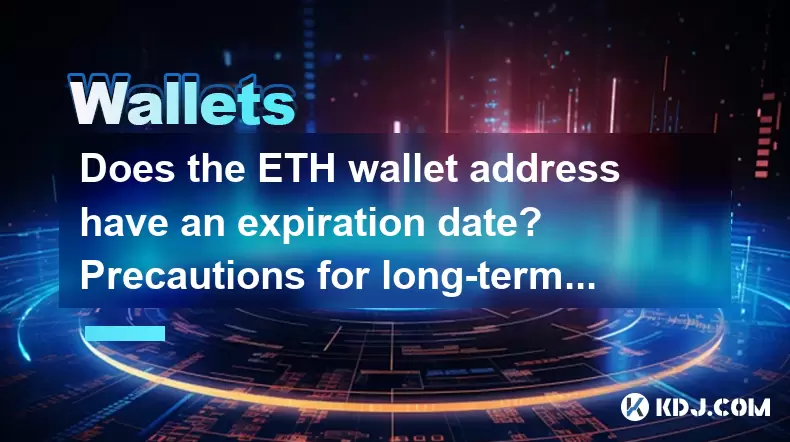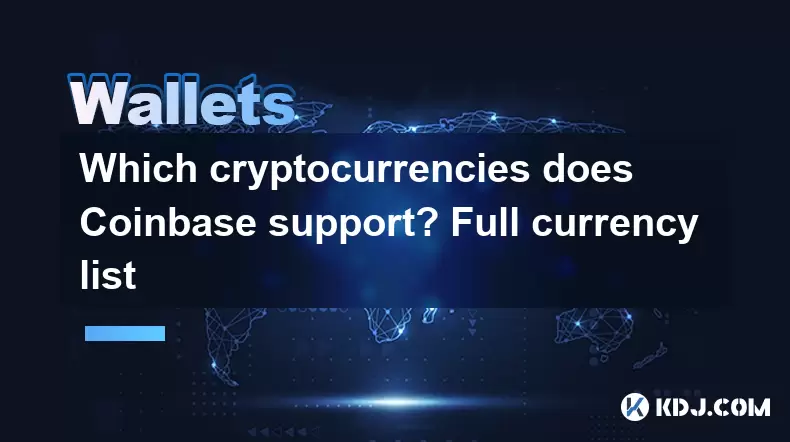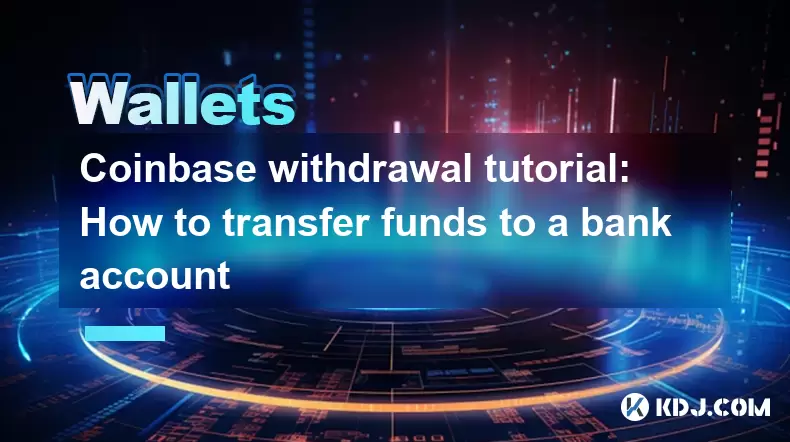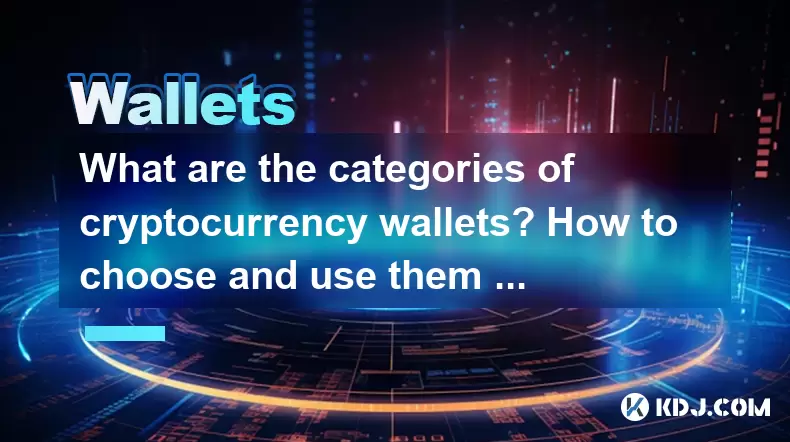-
 Bitcoin
Bitcoin $107,352.1067
0.28% -
 Ethereum
Ethereum $2,429.3531
-0.90% -
 Tether USDt
Tether USDt $1.0001
-0.02% -
 XRP
XRP $2.1894
4.62% -
 BNB
BNB $646.7968
0.36% -
 Solana
Solana $147.4290
4.03% -
 USDC
USDC $0.9998
-0.02% -
 TRON
TRON $0.2756
1.52% -
 Dogecoin
Dogecoin $0.1630
1.14% -
 Cardano
Cardano $0.5612
1.18% -
 Hyperliquid
Hyperliquid $37.0580
-0.05% -
 Bitcoin Cash
Bitcoin Cash $496.9410
-0.09% -
 Sui
Sui $2.7318
3.19% -
 Chainlink
Chainlink $13.1503
0.58% -
 UNUS SED LEO
UNUS SED LEO $9.0766
0.55% -
 Avalanche
Avalanche $17.7220
1.46% -
 Stellar
Stellar $0.2380
1.52% -
 Toncoin
Toncoin $2.8439
0.38% -
 Shiba Inu
Shiba Inu $0.0...01143
1.84% -
 Litecoin
Litecoin $85.8053
1.47% -
 Hedera
Hedera $0.1483
2.70% -
 Monero
Monero $314.3240
2.12% -
 Bitget Token
Bitget Token $4.6725
0.77% -
 Dai
Dai $1.0000
0.00% -
 Polkadot
Polkadot $3.3555
1.28% -
 Ethena USDe
Ethena USDe $1.0001
0.02% -
 Uniswap
Uniswap $7.0890
2.64% -
 Pi
Pi $0.5355
-3.40% -
 Pepe
Pepe $0.0...09393
1.06% -
 Aave
Aave $256.8136
-1.90%
Does the ETH wallet address have an expiration date? Precautions for long-term non-use
ETH wallet addresses don't expire, but long-term non-use requires security measures like cold storage, regular checks, and secure private key storage to protect your assets.
May 13, 2025 at 07:49 am

The question of whether an Ethereum (ETH) wallet address has an expiration date and the precautions needed for long-term non-use are critical concerns for many crypto users. Let's delve into these topics to provide clarity and guidance.
Understanding ETH Wallet Addresses
ETH wallet addresses are unique strings of alphanumeric characters that serve as the destination for sending and receiving Ethereum. These addresses are generated from the public key of an Ethereum account and are designed to be used indefinitely. There is no expiration date for an ETH wallet address. Once created, an address remains valid as long as the Ethereum network exists.
The Importance of Wallet Security
While the address itself does not expire, the security of the wallet is paramount. Long-term non-use can pose risks if not managed properly. Hackers and malicious actors often target inactive wallets, assuming that users may be less vigilant about their security. Therefore, it's crucial to implement robust security measures to protect your ETH wallet, even if you're not actively using it.
Precautions for Long-Term Non-Use
To ensure the safety of your ETH wallet during periods of inactivity, consider the following precautions:
Regularly Check Your Wallet
Even if you're not actively using your wallet, it's advisable to check it periodically. This practice can help you detect any unauthorized access or suspicious activities early. You can use the Ethereum blockchain explorer to monitor your wallet's transaction history.
Keep Your Private Keys Secure
The private key is the most critical piece of information for your wallet. Store your private keys in a secure location, such as a hardware wallet or a safe deposit box. Avoid storing them digitally on devices that are connected to the internet, as this increases the risk of theft.
Use Multi-Signature Wallets
Multi-signature wallets require multiple private keys to authorize a transaction, adding an extra layer of security. If you're planning on not using your wallet for an extended period, consider transferring your ETH to a multi-signature wallet. This can significantly reduce the risk of unauthorized access.
Keep Your Software Updated
If you're using a software wallet, ensure that it is always updated to the latest version. Wallet software often receives security updates to patch vulnerabilities. Staying current with these updates can protect your wallet from known security threats.
Consider Cold Storage
For long-term storage, cold storage solutions like hardware wallets or paper wallets are highly recommended. These methods keep your private keys offline, significantly reducing the risk of hacking. Hardware wallets, such as Ledger or Trezor, are user-friendly and provide robust security features.
Steps to Secure Your ETH Wallet for Long-Term Non-Use
Here are detailed steps to secure your ETH wallet for long-term non-use:
Backup Your Wallet: Create a backup of your wallet, including your private keys and recovery phrases. Store these backups in multiple secure locations, such as a safe deposit box or a fireproof safe.
Transfer to Cold Storage: If you're not planning to use your wallet for an extended period, transfer your ETH to a cold storage solution. To do this:
- Connect your hardware wallet to your computer.
- Open your Ethereum wallet software and select the option to send ETH.
- Enter the cold storage wallet address as the recipient.
- Confirm the transaction and wait for it to be processed on the blockchain.
Enable Two-Factor Authentication (2FA): If your wallet software supports it, enable 2FA. This adds an additional layer of security by requiring a secondary form of verification, such as a code sent to your mobile device.
Monitor Your Wallet: Set reminders to check your wallet periodically. Use a blockchain explorer to review your transaction history and ensure no unauthorized transactions have occurred.
Keep Contact Information Updated: Ensure that any contact information associated with your wallet, such as email addresses, is up-to-date. This can help you receive important notifications or security alerts from your wallet provider.
Common Misconceptions About ETH Wallet Addresses
There are several misconceptions about ETH wallet addresses that need to be addressed:
Misconception: ETH Wallet Addresses Can Be Reused Indefinitely Without Risk: While addresses can be reused, it's generally recommended to use a new address for each transaction for enhanced privacy and security.
Misconception: If You Lose Your Private Key, You Can Recover Your Wallet: If you lose your private key, you will lose access to your ETH. There is no way to recover it unless you have a backup.
Misconception: All Wallets Are Equally Secure: Different types of wallets offer varying levels of security. Cold storage solutions are generally more secure than hot wallets.
Frequently Asked Questions
Q: Can I change my ETH wallet address if I suspect it has been compromised?
A: Yes, you can generate a new ETH wallet address if you suspect the current one has been compromised. To do this, you'll need to create a new wallet and transfer your ETH to the new address. Always ensure you securely store the new private key and recovery phrase.
Q: Is it safe to store my ETH in an exchange wallet for long-term non-use?
A: It's generally not recommended to store your ETH on an exchange wallet for long-term non-use. Exchanges are more vulnerable to hacks and security breaches. Instead, consider transferring your ETH to a cold storage solution for enhanced security.
Q: How often should I check my inactive ETH wallet?
A: It's advisable to check your inactive ETH wallet at least once every few months. This frequency allows you to stay informed about any unauthorized activities while not being overly burdensome.
Q: Can I use the same ETH wallet address across different platforms and devices?
A: Yes, you can use the same ETH wallet address across different platforms and devices. However, for enhanced security and privacy, it's recommended to use different addresses for different purposes.
Disclaimer:info@kdj.com
The information provided is not trading advice. kdj.com does not assume any responsibility for any investments made based on the information provided in this article. Cryptocurrencies are highly volatile and it is highly recommended that you invest with caution after thorough research!
If you believe that the content used on this website infringes your copyright, please contact us immediately (info@kdj.com) and we will delete it promptly.
- Crypto's First Principles: Are Returns Still Rooted in Fairness?
- 2025-06-28 22:30:12
- Kaspa (KAS) Price Prediction 2025: Will It Hit $1?
- 2025-06-28 22:50:12
- A16Z Dumps $COMP on Coinbase: Liquidation or Rebalancing?
- 2025-06-28 22:30:12
- KraneShares, Coinbase, and Digital Assets: A New Era for Institutional Crypto?
- 2025-06-28 23:07:14
- Bitcoin Solaris: Mobile Mining Revolution & Beyond!
- 2025-06-28 22:35:13
- Bitcoin, Post-Dollar, and US Preparation: A New Digital Gold Standard?
- 2025-06-28 22:52:13
Related knowledge

How to stake cryptocurrencies on Coinbase? Benefits and risks
Jun 27,2025 at 06:36pm
Understanding Cryptocurrency Staking on CoinbaseStaking cryptocurrencies involves locking up digital assets to support the operations of a blockchain network, typically in return for rewards. Coinbase, one of the most popular cryptocurrency exchanges globally, offers staking services for several proof-of-stake (PoS) coins. Users can stake their holdings...

How to contact Coinbase customer service? Support channels and response times
Jun 28,2025 at 01:29pm
Contacting Coinbase Customer Service: Support Channels and Response TimesIf you're a user of Coinbase, reaching their customer service team may become necessary for various reasons, such as account verification issues, transaction disputes, or technical difficulties. Understanding the different support channels available and what to expect in terms of r...

Coinbase advanced trading function usage tutorial: limit orders and market orders
Jun 28,2025 at 09:07pm
Understanding the Difference Between Limit Orders and Market OrdersWhen using Coinbase's advanced trading features, it is crucial to understand the fundamental difference between limit orders and market orders. A market order executes immediately at the best available price on the market. This type of order ensures that your trade goes through quickly, ...

Which cryptocurrencies does Coinbase support? Full currency list
Jun 28,2025 at 08:36am
Overview of Cryptocurrencies Supported by CoinbaseCoinbase is one of the most popular and trusted cryptocurrency exchanges globally. It provides users with a platform to buy, sell, trade, and store various digital assets. As of the latest updates, Coinbase supports over 200 cryptocurrencies, including major ones like Bitcoin (BTC), Ethereum (ETH), and L...

Coinbase withdrawal tutorial: How to transfer funds to a bank account
Jun 28,2025 at 02:35am
Understanding Coinbase WithdrawalsCoinbase is one of the most widely used cryptocurrency platforms, allowing users to buy, sell, and store digital assets. Once you've successfully traded or held your crypto on Coinbase, the next logical step may be to withdraw funds to a bank account. This process involves converting your cryptocurrency into fiat curren...

What are the categories of cryptocurrency wallets? How to choose and use them safely?
Jun 21,2025 at 10:42pm
Understanding Cryptocurrency WalletsCryptocurrency wallets are essential tools for anyone involved in the digital asset ecosystem. They allow users to store, send, and receive cryptocurrencies securely. Unlike traditional wallets that hold physical money, crypto wallets manage cryptographic keys—private and public—which interact with blockchain networks...

How to stake cryptocurrencies on Coinbase? Benefits and risks
Jun 27,2025 at 06:36pm
Understanding Cryptocurrency Staking on CoinbaseStaking cryptocurrencies involves locking up digital assets to support the operations of a blockchain network, typically in return for rewards. Coinbase, one of the most popular cryptocurrency exchanges globally, offers staking services for several proof-of-stake (PoS) coins. Users can stake their holdings...

How to contact Coinbase customer service? Support channels and response times
Jun 28,2025 at 01:29pm
Contacting Coinbase Customer Service: Support Channels and Response TimesIf you're a user of Coinbase, reaching their customer service team may become necessary for various reasons, such as account verification issues, transaction disputes, or technical difficulties. Understanding the different support channels available and what to expect in terms of r...

Coinbase advanced trading function usage tutorial: limit orders and market orders
Jun 28,2025 at 09:07pm
Understanding the Difference Between Limit Orders and Market OrdersWhen using Coinbase's advanced trading features, it is crucial to understand the fundamental difference between limit orders and market orders. A market order executes immediately at the best available price on the market. This type of order ensures that your trade goes through quickly, ...

Which cryptocurrencies does Coinbase support? Full currency list
Jun 28,2025 at 08:36am
Overview of Cryptocurrencies Supported by CoinbaseCoinbase is one of the most popular and trusted cryptocurrency exchanges globally. It provides users with a platform to buy, sell, trade, and store various digital assets. As of the latest updates, Coinbase supports over 200 cryptocurrencies, including major ones like Bitcoin (BTC), Ethereum (ETH), and L...

Coinbase withdrawal tutorial: How to transfer funds to a bank account
Jun 28,2025 at 02:35am
Understanding Coinbase WithdrawalsCoinbase is one of the most widely used cryptocurrency platforms, allowing users to buy, sell, and store digital assets. Once you've successfully traded or held your crypto on Coinbase, the next logical step may be to withdraw funds to a bank account. This process involves converting your cryptocurrency into fiat curren...

What are the categories of cryptocurrency wallets? How to choose and use them safely?
Jun 21,2025 at 10:42pm
Understanding Cryptocurrency WalletsCryptocurrency wallets are essential tools for anyone involved in the digital asset ecosystem. They allow users to store, send, and receive cryptocurrencies securely. Unlike traditional wallets that hold physical money, crypto wallets manage cryptographic keys—private and public—which interact with blockchain networks...
See all articles
























































































